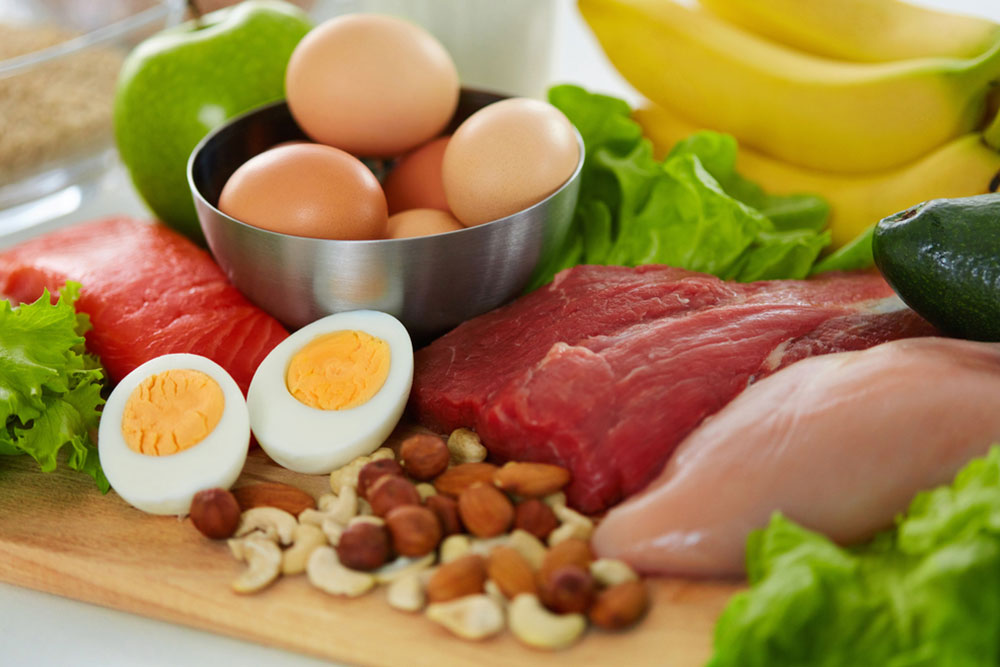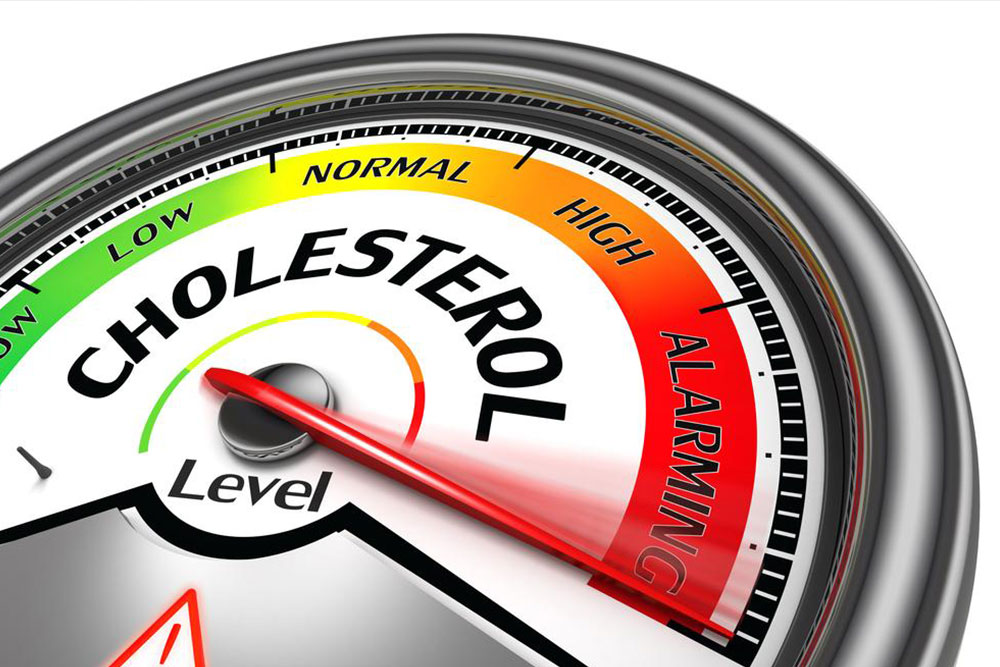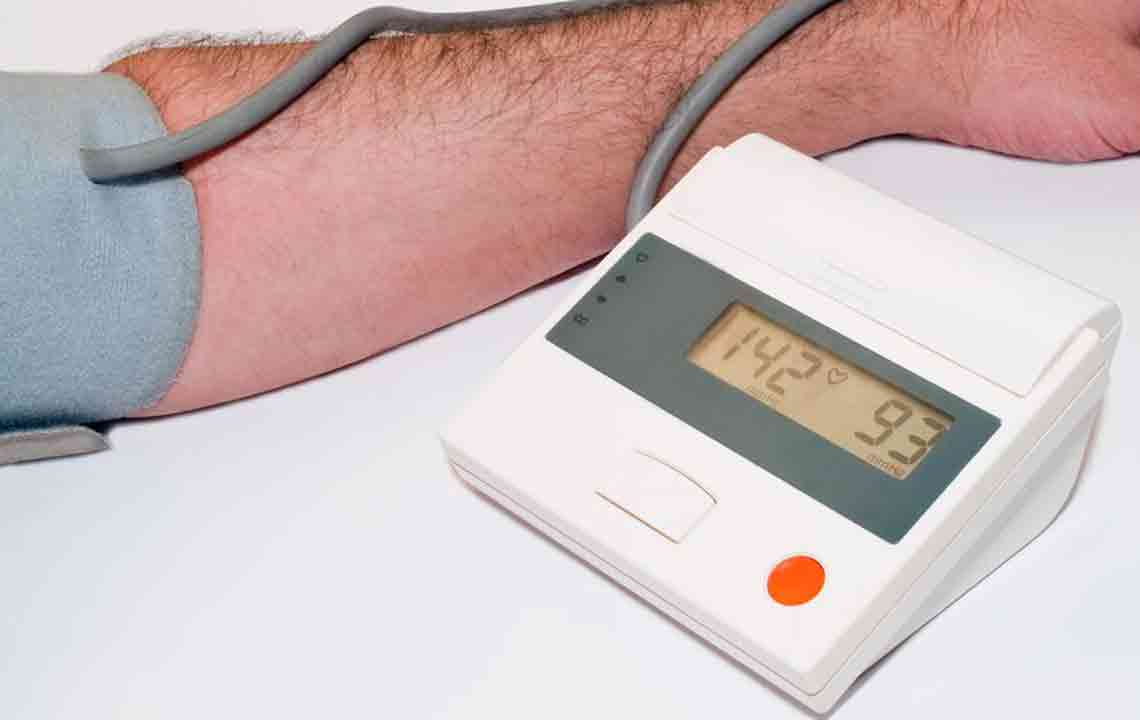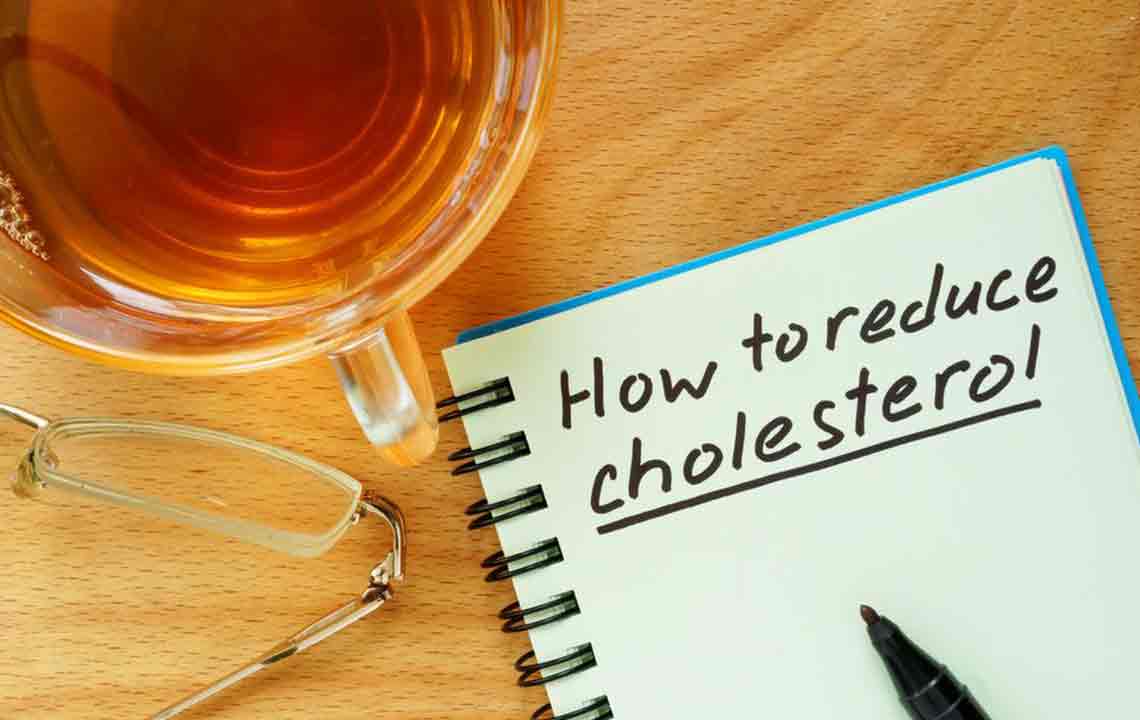Comprehensive Guide to Natural Cholesterol Reduction Through Nutrient-Dense Foods
This comprehensive guide details ten nutrient-rich foods that naturally lower cholesterol levels, emphasizing the importance of diet in cardiovascular health. From avocados to soy products, discover how incorporating these foods into your daily routine can lead to improved heart health, reduced LDL cholesterol, and enhanced overall well-being. Coupled with lifestyle changes, these dietary tips offer an effective way to lower your risk of heart disease and promote long-term wellness.

Comprehensive Guide to Natural Cholesterol Reduction Through Nutrient-Dense Foods
Maintaining optimal cholesterol levels is a cornerstone of cardiovascular health and overall well-being. Cholesterol, a fatty substance produced predominantly by the liver, plays essential roles in hormone production, cell membrane formation, and other biological functions. However, an imbalance—specifically elevated levels of low-density lipoprotein (LDL), often termed 'bad' cholesterol—can lead to a buildup of plaques within arteries, increasing the risk of heart disease, stroke, and other serious health conditions. Therefore, managing cholesterol effectively requires a multifaceted approach, combining regular physical activity with a balanced diet rich in specific nutrients that promote heart health.
While physical exercise significantly contributes to maintaining healthy cholesterol levels, dietary choices play an equally crucial role. Incorporating certain natural, nutrient-rich foods into your daily regimen can have a profound impact on reducing harmful LDL cholesterol and boosting beneficial high-density lipoprotein (HDL). This comprehensive guide explores ten of the most effective foods known for their ability to lower cholesterol naturally, backed by scientific research and nutritional benefits.
1. Avocados: The Heart-Healthy Superfood
Avocados are a rich source of monounsaturated fats, which have been shown to lower LDL cholesterol without affecting HDL levels negatively. These creamy fruits are packed with dietary fiber, antioxidants, vitamins, and minerals essential for cardiovascular health. Consuming avocados regularly—such as adding slices to salads, spreads, or smoothies—can lead to improved lipid profiles and decreased risk of heart disease. Their healthy fat content helps in reducing inflammation and maintaining flexible blood vessels, making them an excellent choice for those aiming to manage cholesterol naturally.
2. Legumes: Nature’s Protein Powerhouses
Legumes—including chickpeas, lentils, various beans, and alfalfa—are low in total fat yet incredibly high in fiber, protein, vitamins, and minerals. The soluble fiber present in legumes binds to cholesterol particles in the digestive system, preventing their absorption into the bloodstream. Studies consistently show that incorporating legumes into your diet can lower LDL cholesterol levels by a significant margin. They are versatile ingredients suitable for soups, stews, salads, or even as meat substitutes, making them vital players in a heart-healthy diet.
3. Nuts: Rich in Heart-Healthy Fats
Nuts such as walnuts, almonds, pistachios, and pecans are nutrient-dense foods loaded with healthy fats, fiber, vitamins, and antioxidants. Particularly, walnuts and almonds are rich in plant-based omega-3 fatty acids, which help decrease inflammation and reduce blood triglycerides. Regular nut consumption has been linked to improved lipid profiles and a lower risk of cardiovascular disease. However, portion control is key, as nuts are calorie-dense. Incorporate a handful of mixed nuts into your daily snacks or meals to promote better heart health.
4. Whole Grains: Sources of Soluble Fiber
Whole grains such as oats, barley, quinoa, and brown rice are excellent sources of soluble fiber, especially beta-glucan. Soluble fiber works by forming a gel-like substance in the digestive tract that captures cholesterol, facilitating its removal from the body. Including these grains in your diet can reduce LDL cholesterol levels by approximately 5%, contributing to overall heart health. Breakfast bowls, side dishes, and grain-based salads are easy ways to add these nutrient-rich foods to your meals.
5. Fatty Fish: Omega-3 Powerhouses
Fatty fish—including salmon, mackerel, sardines, and albacore tuna—are some of the best dietary sources of omega-3 fatty acids. These essential fats are known to decrease LDL cholesterol while increasing HDL levels, thus providing a dual benefit for cardiovascular health. Regular consumption of fatty fish—at least two servings per week—can significantly improve blood lipid profiles. Cooking methods such as baking, grilling, or steaming help preserve their health benefits without adding extra saturated fats.
6. Fruits and Berries: Natural Antioxidants and Fiber
Citrus fruits like oranges and grapefruits, along with berries including strawberries, blueberries, and grapes, provide a combination of soluble fiber, antioxidants, and phytochemicals. These compounds help lower LDL cholesterol and oxidative stress, which can damage blood vessels. The antioxidants also enhance overall vascular health. Consuming a variety of colorful fruits daily—through smoothies, salads, or as snacks—can fortify your defenses against heart-related illnesses.
7. Vegetables: Nutrient-Dense Support for Heart Health
Vegetables such as carrots, okra, spinach, and potatoes are rich in antioxidants, vitamins, minerals, and dietary fiber. These nutrients support the reduction of cholesterol absorption and combat inflammation. Incorporating vegetables into every meal helps promote healthy blood lipid levels and improves overall cardiovascular function. Raw, steamed, or roasted, vegetables are versatile ingredients that contribute to a balanced, cholesterol-conscious diet.
8. Dark Chocolate: Indulge with Calorie Control
Moderate consumption of dark chocolate containing at least 70% cocoa has been associated with improved cholesterol levels—specifically lowering LDL while increasing HDL. The flavonoids present in dark chocolate also support blood vessel function and help regulate blood pressure. While indulging, moderation is crucial—limiting to small portions ensures you gain the benefits without excess calorie or sugar intake.
9. Olive Oil: The Heart-Healthy Fat
Replacing saturated fats with healthy monounsaturated fats found in extra virgin olive oil can significantly improve your cholesterol profile. Extra virgin olive oil contains antioxidants and anti-inflammatory compounds that help reduce LDL cholesterol and protect blood vessel walls. Using olive oil as a primary cooking fat or dressing can make a meaningful difference in your cardiovascular health strategy.
10. Soy Products: Plant-Based Protein Solutions
Soy foods—including tofu, soy milk, edamame, and soy-based meat alternatives—are excellent for managing cholesterol levels. They have been shown to increase HDL cholesterol and reduce LDL cholesterol due to their unique isoflavones and high-quality protein content. Incorporate soy into your meals several times a week to optimize its cholesterol-lowering benefits and support overall heart health.
In conclusion, integrating these ten nutrient-dense foods into your daily diet can be highly effective for natural cholesterol management. Embrace a diverse, plant-rich diet complemented by healthy fats, fiber, and lean proteins to achieve and maintain balanced cholesterol levels. Coupling nutritional strategies with regular exercise and lifestyle modifications can substantially reduce your risk of cardiovascular disease and promote a healthier, longer life.





